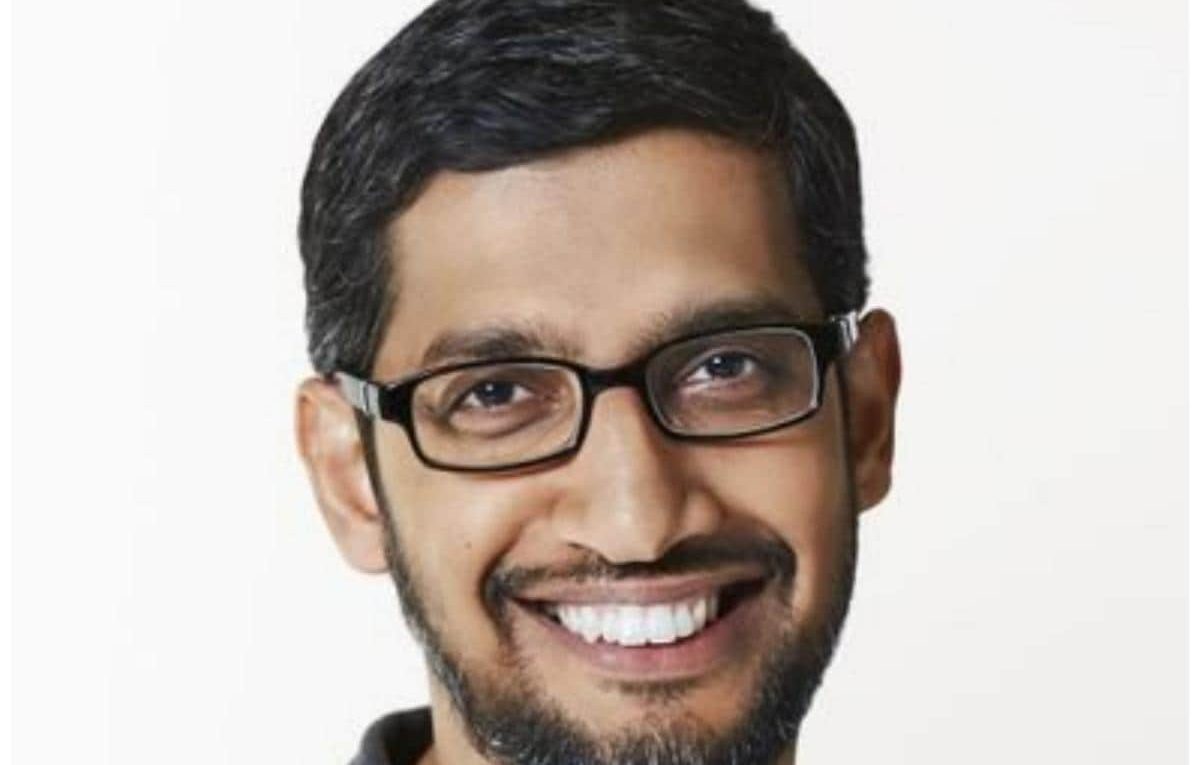Google backs creation of cybersecurity clinics with $20 mn donation: Pichai
Free medical and paralegal clinics, where college students and their teachers help their communities while also learning more about their professions, are now commonplace. Google hopes to add cybersecurity clinics to that list.
Google CEO Sundar Pichai pledged $20 million in donations Thursday to support and expand a consortium of cybersecurity clinics to expose thousands of students to potential careers in cybersecurity, while also helping to defend small government offices, rural hospitals and nonprofit organizations from hacking.
Pichai said the new initiative addresses both the growing number of cyberattacks by 38 percent globally in 2022 and the lack of candidates trained to stop them.
Just as technology can create new threats, it can also help us fight them, Pichai said, as he announced the commitment at Google’s Washington offices. Security was paramount to the work I did early in my career at Google, including when we built the Chrome browser. Today, it is at the core of everything we do, and the current inflection point in AI is helping to take our efforts to the next level.
The tech giant launched Google’s cybersecurity certification program last month to help prepare people for entry-level cybersecurity jobs. It has also partnered with universities in New York on a research program to create learning and work opportunities across the cybersecurity sector.
Making sure that we safeguard and protect both the consumer and enterprise services that we provide is fundamental to the company, Pichai told The Associated Press in an interview after the announcement, which is why we treat it like that.
We have been building security from the ground up for a long time and training to innovate and stay ahead.
Google’s ad got support from members of Congress on both sides of the aisle. Rep. Jay Obernoletti of California said tackling cyber threats is essential to the country’s economic competitiveness as well as to national security.
He added that China will likely produce twice as many computer science students with a PhD this year than the United States.
He said we need to motivate students to pursue careers in fields such as cyber security to reverse this trend.
We should all embrace the idea of becoming lifelong learners.”
Rep. Joaquin Castro of Texas said Google’s initiative helps democratize cybersecurity, providing more jobs and more protection for those who aren’t in Silicon Valley.
Castro said that small businesses can literally lose hundreds of thousands of dollars each year.
“I am grateful to Google for building on its commitment to supporting the growth of the workforce needed to do everything from securing critical infrastructure in local communities to strengthening our national security.
Pichai said there are currently more than 650,000 open cybersecurity jobs and a diverse workforce is needed to address this issue.
He said we’ve seen this in the past when we’ve gone to open communities and data centers in rural communities.
Creates a spark. It inspires more people… These are motivating moments.
Justin Steele, director of Google.org, the company’s philanthropic arm, said the initiative appealed to his team as he looks for projects where funding can make a difference on multiple levels.
It’s a challenge, Steele said. But there is a huge opportunity here.
Steele expects the student cybersecurity clinics to help small organizations that lack their own technology departments with threat assessments and installation of defenses.
Steele said that these students gain hands-on experience and get to increase their marketability for all of these open positions in cybersecurity.
We get to diversify the field of cyber security by training these students and we get to protect the critical infrastructure of the United States.
Ann Cleveland, executive director of the longstanding Cyber Security Center at the University of California, Berkeley, said the clinics can help organizations overcome feeling nihilistic about dealing with hackers.
While many groups believe there is nothing they can do against state-backed hacker attacks or ransomware, clinics can offer low-level solutions that can combat a large number of threats.
Students can really help organizations overcome 80 to 90 percent of the problems and give them a more flexible attitude, Cleveland said, adding that the Cybersecurity Clinics Association hopes to have clinics in every state by 2030.
Mark Lobo, coordinator of the University of Georgia Clinic, known as CyberArch, said demand continues to increase for the clinic’s services because more and more data is at risk. We have continued as a society to provide more of our sensitive information online, so that vulnerability has only increased, he said.
Malicious actors understand that sensitive data can be monetized, which, at some point in the past, wasn’t even an idea. Now that the money is out there, they will gravitate towards it.
This makes cybersecurity all hands on deck, said Cleveland, co-chair of the consortium’s executive committee. She said the Google.org donation would help the consortium establish new clinics, as well as provide mentors for the students working in them.
Funding is critical, she said, especially for smaller universities and colleges and some institutions that serve minorities. And I think it would be transformative just in terms of getting other higher education institutions aware of the opportunity for a cybersecurity clinic.
He’s ready to apply for a Google.org grant to expand his school’s cybersecurity clinic, Kevin Harris, program chair of the Department of Computer and Information Sciences at Stillman College, is the first member of the consortium at the historic Black College. or university.
We’re still pushing to make the field more inclusive, Harris said.
(Only the title and image for this report may have been reworked by the Business Standard team; the rest of the content is generated automatically from a shared feed.)
